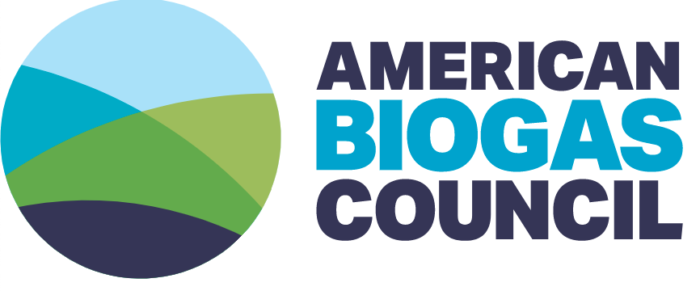Novel Pulsed Electric Field Technology Making Headway at Environ
Cleveland, OH: Environ, a subsidiary of Neundorfer, Inc., recently completed a first-of-kind full-scale demonstration of a novel technology, developed by Decant Treatment System, employing electric pulsing to enhance the anaerobic digestion process in wastewater/liquid treatment.
The innovative cell lysis technology works by precisely shaping electrical pulses within treatment tubes through which waste liquids pass. These electrical pulses disrupt ionic bonds, rupture organic cells, accelerate biological processes, and kill pathogens within the treated waste liquid. The cell lysis technology is unique in that it uses low-power pulses, thus consuming far less power per unit of the treated material. Why does this matter? Steve Ostanek, President of Neundorfer and Environ, says, “other methods, including chemical, mechanical, and heating, all increase the operating costs for a facility. This technology has the potential to significantly reduce operating costs and achieve better results, and improve regulatory compliance.”
Partnering with Decant Treatment Systems (DTS) in the early part of 2020, Environ worked to implement the technology’s full-scale demonstration within a waste liquid processing facility. Within a day, the system was in operation, a testament to its design simplicity. It operated over multiple digestor cycles. The digester operator reported improved system function with the electric cell lysis technology, including improved biogas production allowing them to generate more of their power (via their existing CHP system) and a significant reduction in suspended solids and pathogens in the effluent stream.
After much success in the pilot, Environ and DTS are looking to expand their footprint, bringing the benefits of cell lysis technology across the U.S. These benefits include:
- The increased treatment capacity of anaerobic digester systems
- Increased quantity and quality of biogas production in wastewater treatment facilities that use anaerobic digesters
- Accelerated reduction of Biological Oxygen Demand (BOD) and Chemical Oxygen Demand (COD)
- Improved nutrient removal (Phosphorus, Nitrogen)
- Reduced sludge landfill disposal costs (reduction of solids)
- Reduction in pathogen removal costs
What’s next? The challenges are plenty. Landfills are banning food wastes, wastewater regulations are getting more stringent, and the need for more renewable energy forms is increasing. Environ and DTS are excited to be part of the process of solving these problems. Jim Kleinburd, CEO of DTS, says, “We have an enthusiastic partner. Working with a multi-disciplined team such as Neundorfer will help us apply a multi-beneficial technology that will help the industry meet their environmental objectives cost-effectively and make a renewable energy source even more competitive”.
Environ is a member of the American Biogas Council.


